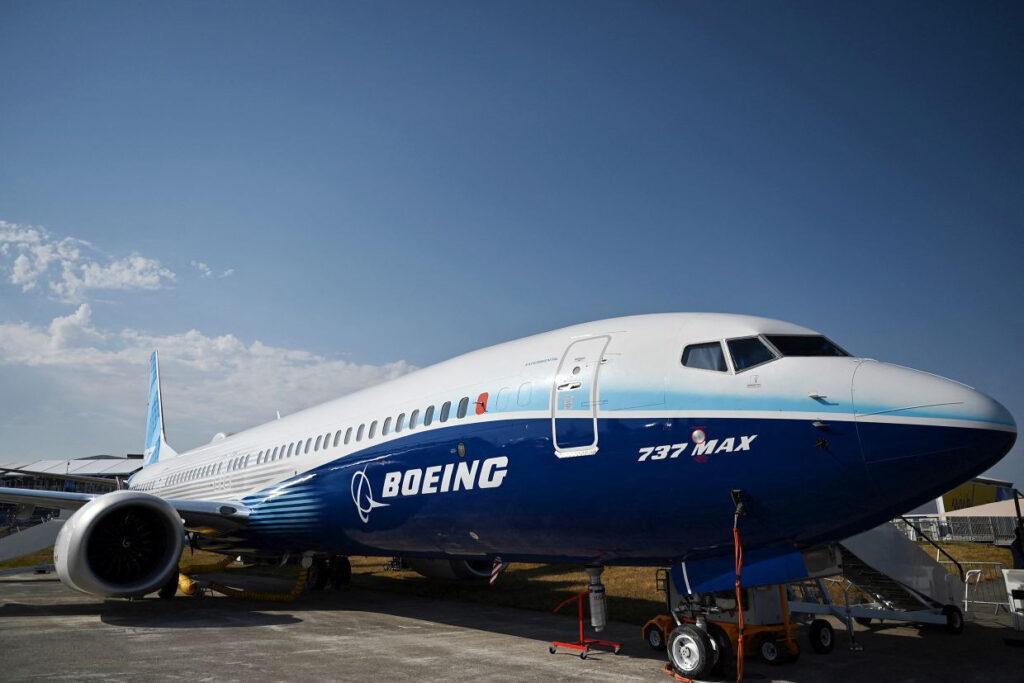A Boeing 737 MAX jet originally intended for delivery to Xiamen Airlines in China has been flown back to the United States, becoming a high-profile casualty of the ongoing U.S.-China trade conflict triggered during Donald Trump’s presidency.

The aircraft, bearing the full livery of Xiamen Airlines, landed at Boeing Field in Seattle on Sunday at 6:11 p.m. local time, following a 5,000-mile journey that included refueling stops in Guam and Hawaii, according to a Reuters correspondent on site. The jet had previously been stationed at Boeing’s Zhoushan completion and delivery center in China, where final inspections and modifications are typically conducted prior to delivery to Chinese carriers.
The jet’s return follows a sharp escalation in trade tensions, with the Trump administration raising baseline tariffs on Chinese imports to 145%, prompting Beijing to retaliate with 125% tariffs on U.S. exports. Analysts warn that such steep tariffs make the delivery of U.S.-made aircraft to Chinese airlines financially untenable. A new 737 MAX carries a market value of approximately $55 million, according to aviation consultancy IBA, meaning the tariffs could add tens of millions of dollars in extra costs for Chinese carriers.
It remains unclear whether the decision to return the aircraft was made by Boeing or Xiamen Airlines, as neither party responded to requests for comment as of publication.
The development is yet another setback for Boeing’s 737 MAX program, which has already faced significant hurdles in recent years—including a global grounding, regulatory scrutiny, and previous trade-related delivery freezes.
The 737 MAX is Boeing’s best-selling model, and China represents one of its largest markets. However, the breakdown of the aerospace industry’s long-standing duty-free treatment amid trade hostilities is threatening to derail the global aircraft delivery pipeline. Analysts note that several Chinese airlines may now postpone or cancel scheduled deliveries to avoid paying excessive tariffs.
Some airline executives have publicly stated that they would rather defer or redirect aircraft orders than absorb such high import costs—an indication that trade disputes are now directly impacting the future of international fleet planning.
The geopolitical uncertainty surrounding aircraft deliveries could have far-reaching implications. For Boeing, which is already grappling with production slowdowns and regulatory pressures, the erosion of duty-free status for aerospace goods represents a new layer of complexity in managing its global supply chain and customer commitments.
Meanwhile, as tensions between Washington and Beijing persist, aviation experts warn that continued disruptions could reshape long-standing alliances, redirect purchase patterns, and accelerate efforts in China to build or procure more aircraft domestically—posing a long-term competitive threat to U.S. manufacturers.



